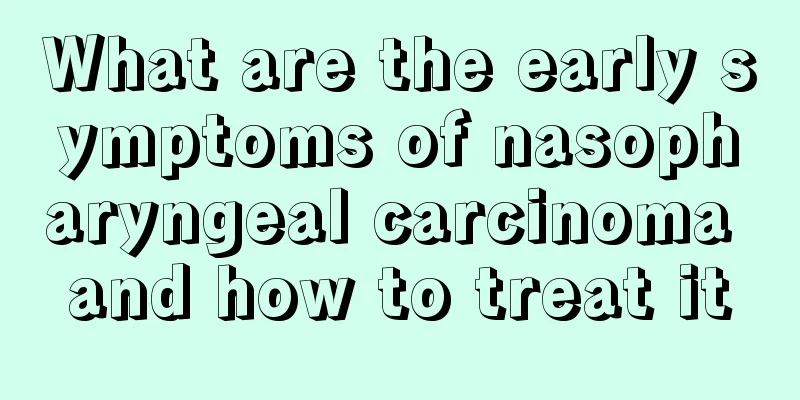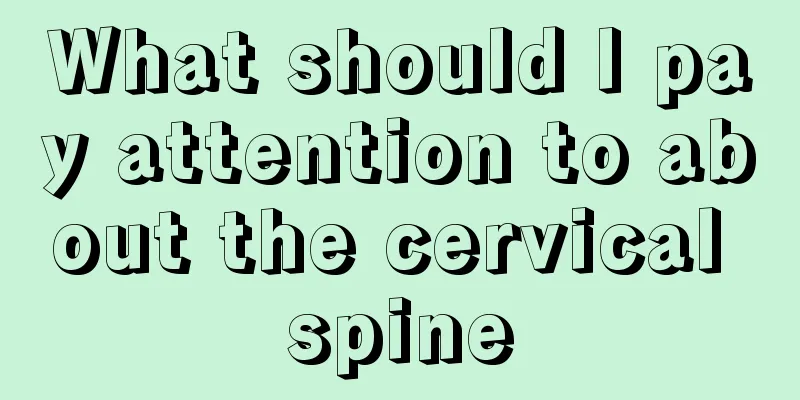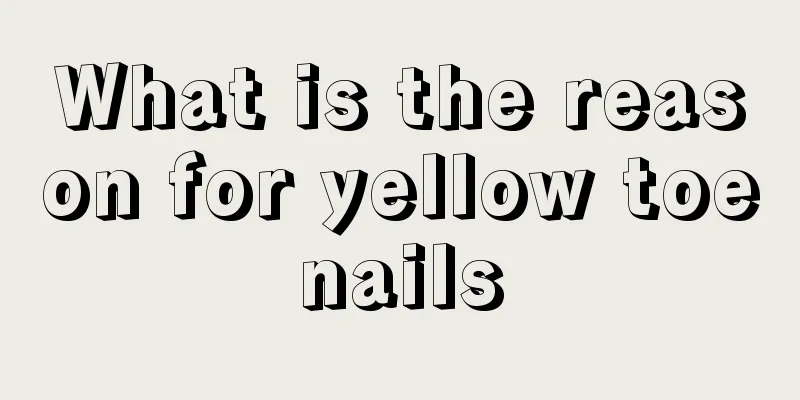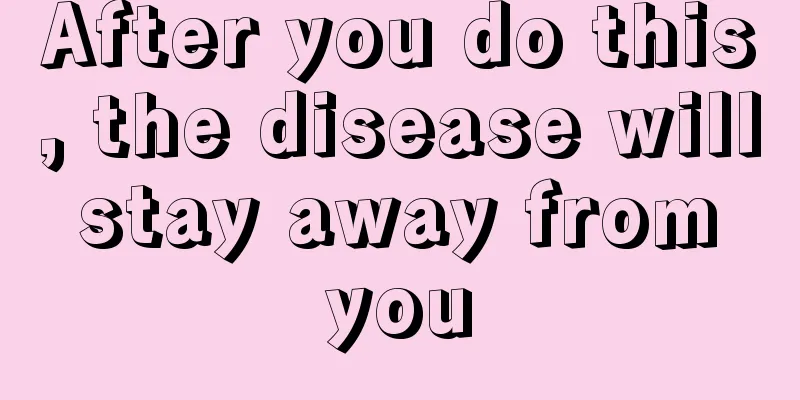Liquid nitrogen cryotherapy for warts
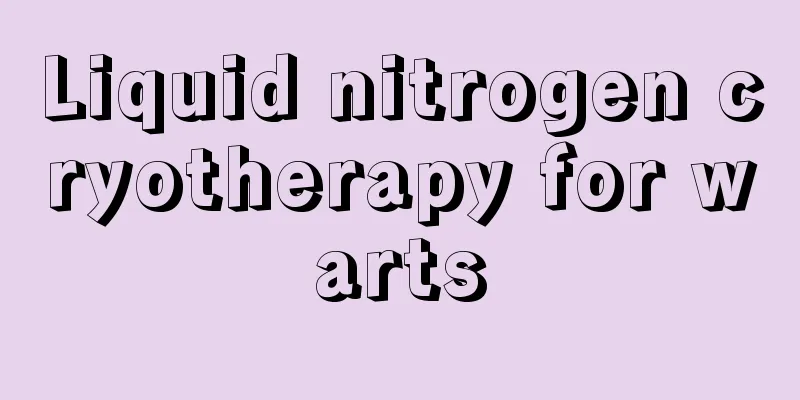
|
Warts are a relatively serious skin disease. Patients with warts will have spots and scars on their skin, and many patients will also have redness, swelling and itching on their skin, causing great pain to patients. Moreover, warts are a disease that is very prone to recurrence. Currently, the medical treatment of warts generally uses liquid nitrogen freezing method. So, how does liquid nitrogen freezing treat warts? 1. What is liquid nitrogen cryotherapy? Liquid nitrogen cryotherapy refers to a new technology in the field of modern therapeutics. It can kill viruses through extremely rapid freezing. People with severe cold urticaria cannot use this method for treatment. Liquid nitrogen cryotherapy is a comprehensive effect of cryobiology. Normal cells will suffer irreversible damage when they are in an extremely frozen state. It works by rapidly killing the cells in the diseased area in an extremely frozen state, allowing the diseased area to recover normally. It is generally used to treat warts, corns, verrucae, neurodermatitis and skin diseases. 2. Indications Flat warts, molluscum contagiosum, keloids, chronic eczema, neurodermatitis, corns, lichen planus, prurigo, seborrheic dermatitis, etc. 3. Contraindications Severe cold urticaria, cryoglobulinemia, Raynaud's disease, and a small number of elderly, weak, and those who cannot tolerate cryotherapy. Patients with diabetes and lower limb blood circulation disorders often develop chronic ulcers that do not heal for a long time if they undergo cryotherapy on their calves and feet. Cryotherapy should be used with caution. IV. Precautions 1. After cryotherapy, the wound surface should be kept clean and dry, and should not be exposed to water within one week. Apply antibiotic ointment daily to prevent infection. Allow the scab to fall off naturally; do not scratch, tear, or scrub it with your hands. 2. After treatment, local tissue pain may occur, which will disappear on its own after 1-2 days. Painkillers can be taken if necessary. 3. If local tissues become swollen, have blisters or bullae after treatment, and there is too much blister fluid, you can use a sterile syringe to draw it out or puncture it, but do not tear off the blister wall. It is more obvious in areas with loose tissue, such as around the eye sockets or with tender skin. 4. If the lesion is not healed after one treatment and needs to be repeated, wait until the scab falls off by itself before repeating the treatment. 5. Generally, after cryotherapy, there is depigmentation in the center of the lesion and pigmentation around it. Especially after receiving cryotherapy on the face, you should pay attention to shading and sun protection to avoid aggravating local pigmentation. 6. If there are blood vessels or the frozen area is too deep, some patients may experience delayed edema, exudation, blood blisters, bleeding, chronic ulcers, hypertrophic scars, non-healing of the wound surface, etc., and active symptomatic treatment should be given early. Facial treatment Special attention should be paid. 7. Some patients may experience local neurological dysfunction, such as skin numbness and pain, which generally recover gradually within 3-6 months. |
Recommend
How to play Go
Go is a very traditional entertainment game with ...
Why are ovarian tumors prone to recurrence
In recent years, the incidence of ovarian tumors ...
Can using moxa sticks repel mosquitoes?
We usually use moxa sticks to treat rhinitis and ...
What are the benefits of standing at attention every day
Standing at attention is a necessary part of the ...
What happens if you drink a lot of water after exercise
Many times after exercise, people will feel sweat...
How to check if you have liver cancer? Introduction to liver cancer self-examination methods
Experts suggest that the incidence of liver cance...
Can aloe vera powder help lose weight
Aloe vera powder is the powder made from ground a...
What diseases can musk cure
I believe everyone must have heard of the Chinese...
Can inflammation in the lungs of adults cause jaundice?
Jaundice is a very common disease among newborn b...
What is the function of hcg injection
This is something that every woman must go throug...
What symptoms will appear before death from advanced lung cancer? Summary of symptoms before death from advanced lung cancer
In our lives, the number of lung cancer patients ...
What are the benefits of washing your face with salt
With the improvement of economic level, many frie...
What should you pay attention to in your diet for gastric cancer
The dietary principles for gastric cancer general...
Is it easy to lower high transaminase?
Transaminase is an important substance in the hum...
How to treat metatarsalgia
Metatarsalgia refers to the frequent pain in the ...


